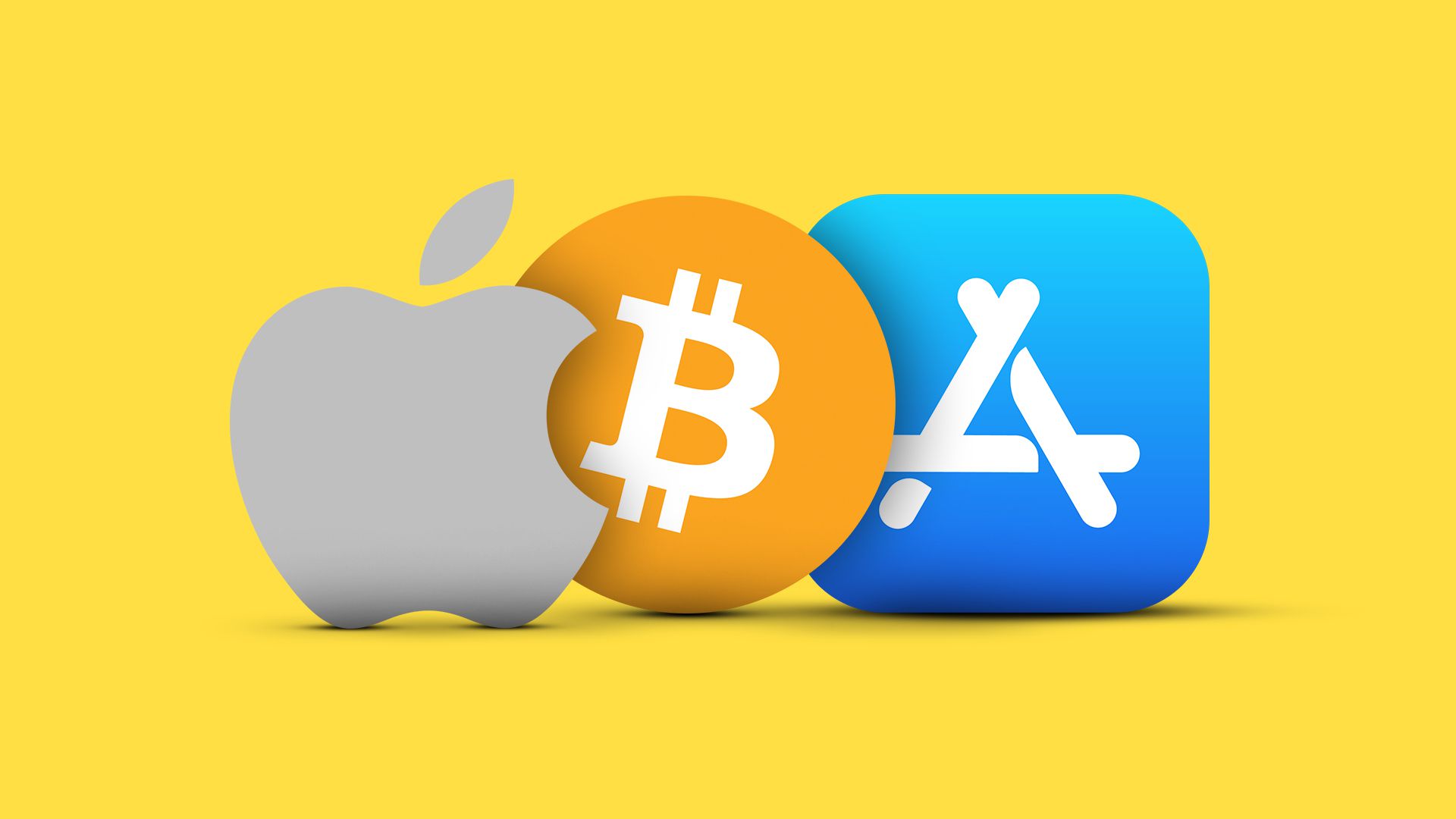Nokia, RIM, etc., all those dominant companies in the phone market many years ago, almost don’t exist today. I don’t think it’s “virtually impossible for newcomer companies to compete”. Specially, when Apple holds a small marketshare % in Europe.Freedom is a balance. Too much freedom for one party encroaches on the freedoms of other parties. There is a power imbalance between big tech companies on the one hand and regular users, as well as app developers, on the other hand. If Apple and Google decide to do things one way, there’s nothing their users can do. Giving the big companies the freedom to do so means restricting the freedom of their customers. This would be different if there were a dozen of smartphone ecosystems, but there is effectively a duopoly. Moreover, those companies have accumulated a technical and regulatory moat that has become virtually impossible for newcomer companies to compete with. The aim of the DMA is to strike a fairer power balance between market participants. Now, one may disagree about the details of what exactly is fair or not, but it’s hard to deny that there is a significant power imbalance that favors the big tech companies.
Also, this is not about “big companies vs newcomers”; this is more about “Microsoft, Spotify, Epic vs Apple”. The App Store has been a blessing for small developers, we couldn’t read so many stories of successful indie devs before it was created. This is is basically relevant for big companies.
To me, the main power imbalance here is that the EU keeps telling trying to force their vision of tech on companies and customers. As a customer, this act goes against me.
Last edited:








